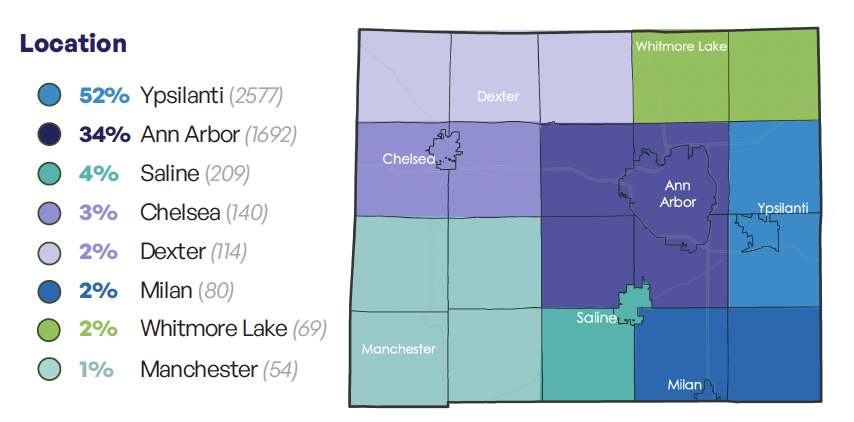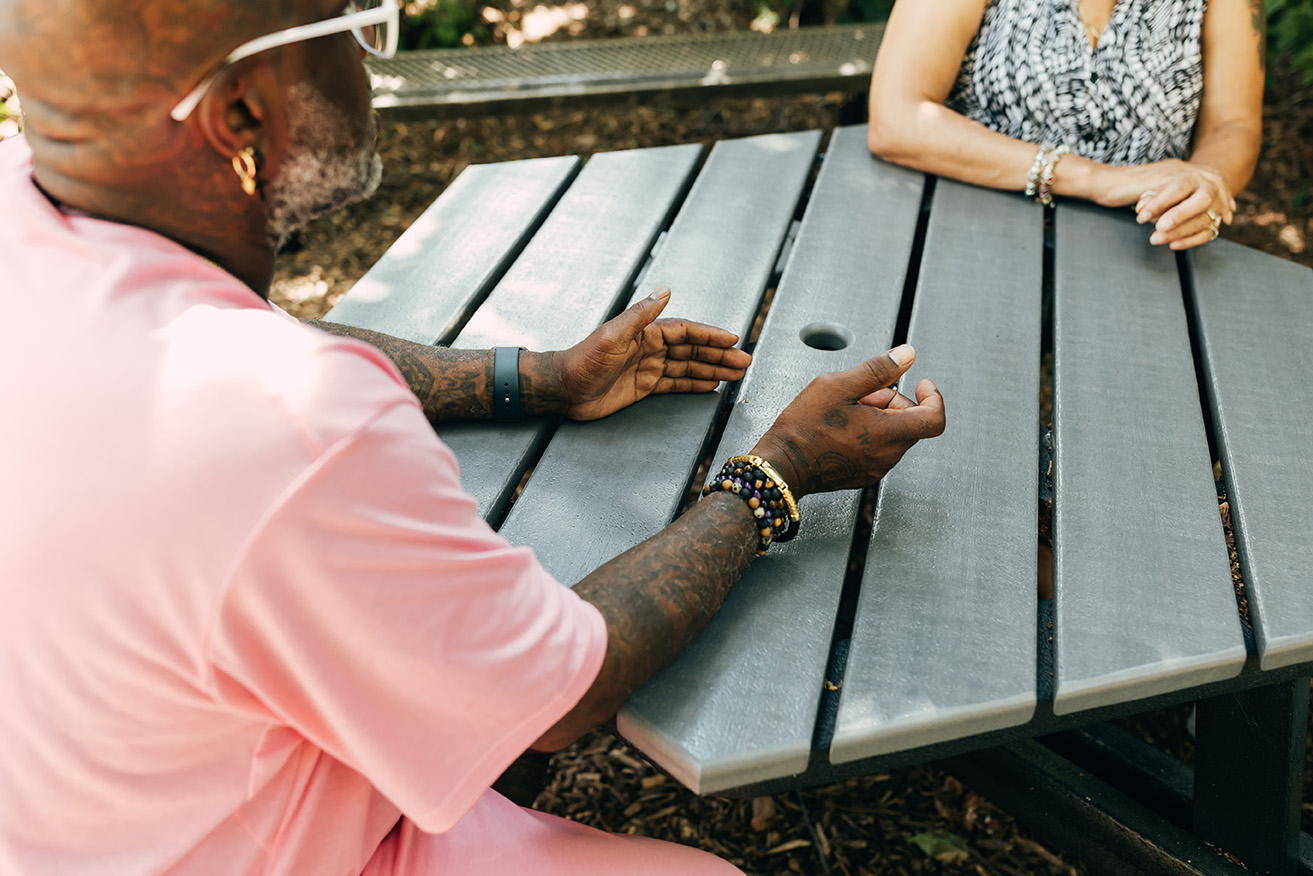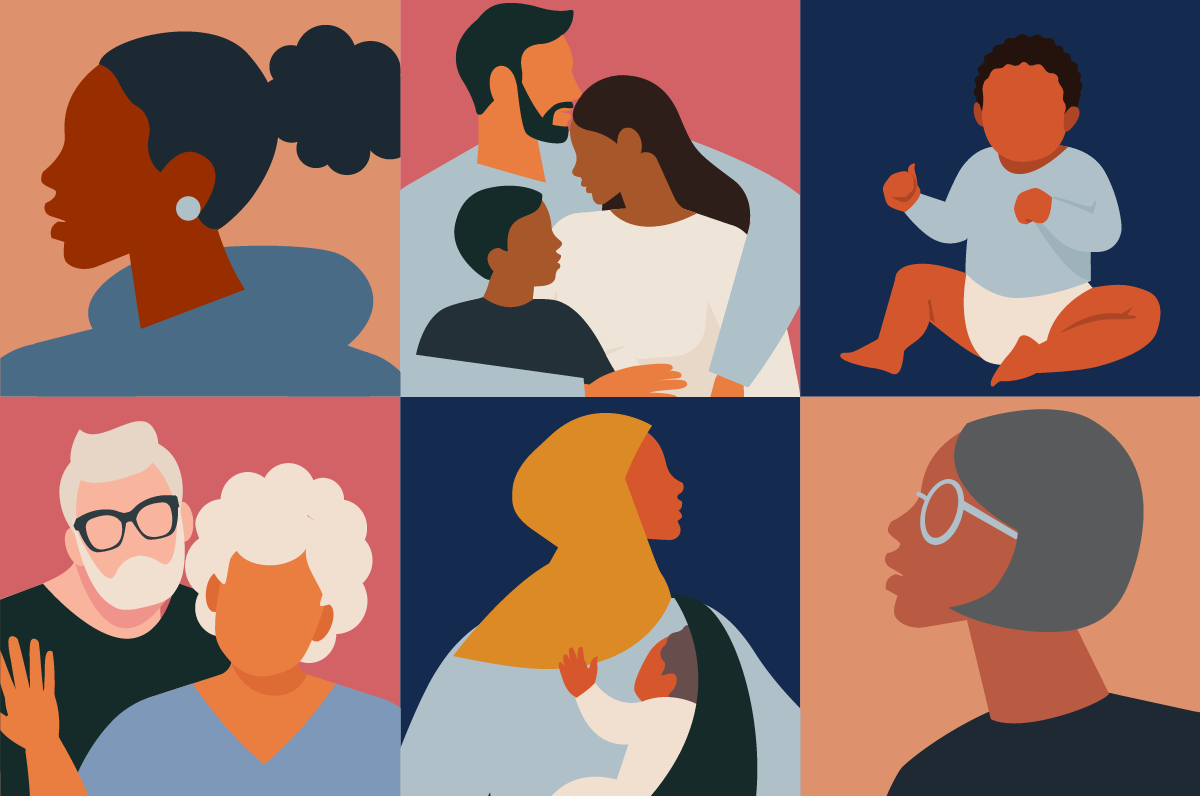Launching counseling services for Black male youth.
With millage funds, the Community Family Life Center (CFLC) is working to provide mental health counseling to Black male youth, between the ages of 10 to 25, in the Ypsilanti area. CFLC aims to mitigate the impact of trauma and improve the mental health of Black male youth, filling gaps in care specifically targeted to this demographic.
In 2024, CFLC launched their I-AAM program (Interventions for African American Males), providing individual counseling and case management services, group therapy sessions, and behavioral health groups to their clients. Their counseling and programming emphasizes processing trauma, building coping and regulation skills, and educating clients on mental health and social determinants of health.
As part of their program, CFLC:
Recruited 14 clients, who each received a Community Health Needs Assessment and began receiving services
Hired a clinical director, clinical social worker, clinical case manager, and data analyst
Created a client referral system with local organizations and government agencies serving Black male youth







